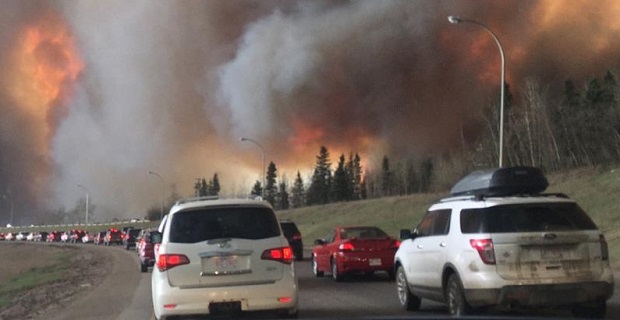Canadian doctors were told that climate change impacts human health and that physicians should act to mitigate the effects of global warming.
“This is a problem of the commons, of the global commons and people need to understand that, while there are individual impacts, it’s not just individual action that is going to mitigate or reduce the impact of climate change,” Dr. James Orbinski, told attendees of the Canadian Medical Association’s (CMA) annual meeting in Vancouver this week. “It actually requires collective action in order for there to be meaningful efforts to mitigate climate change.”
Orbinski, a former president of Medecins Sans Frontieres (Doctors Without Borders), research chair in global health at the Dalla Lana School of Public Health and a professor of both medicine and political science at the University of Toronto, said instances of extreme drought were a critical consequence of climate change. He said giant forest fires the one that gutted a huge swath of Fort McMurray, show that Canada is not immune to the effects of climate change.

RELATED CONTENT
Clean growth and climate change in the Atlantic
Canada, Mexico, U.S. to align climate, trade, and border policies
Climate change champion: British Columbia’s Graham Whitmarsh
Orbinski also cited multiple areas touched by climate change such as mass transit, urban planning, design, energy and health care systems.
For example, he said, the re-emergence of infectious diseases such as malaria is being brought about by drastic changes in the climate and ecosystems in certain parts of the world.
“Is climate change a variable in the emergence of violent conflict? The answer is an unequivocal yes and the answer is that we’re seeing already the impact of climate change as a variable in a cascade of causality,” he said. “Health professionals have a critical role to play to ensure that the serious health impacts of climate change are understood by governments and individuals.”

